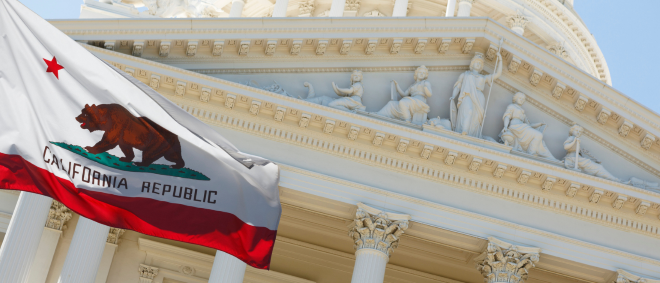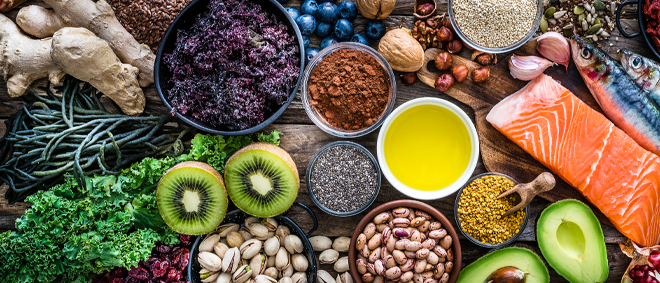Personal injury and environmental plaintiffs have recovered billions of dollars over the last several decades since the dangers of per- and polyfluoroalkyl substances (“PFAS”), often referred to as “forever chemicals,” became publicly known. Plaintiffs have continued to successfully sue over cancers and other medical issues allegedly related to exposure to PFAS-contamination in drinking water or firefighting foam.Continue Reading No-Injury, No-Deception: Recent Cases Show Available Paths for Early Dismissal of PFAS Consumer Misrepresentation Claims









